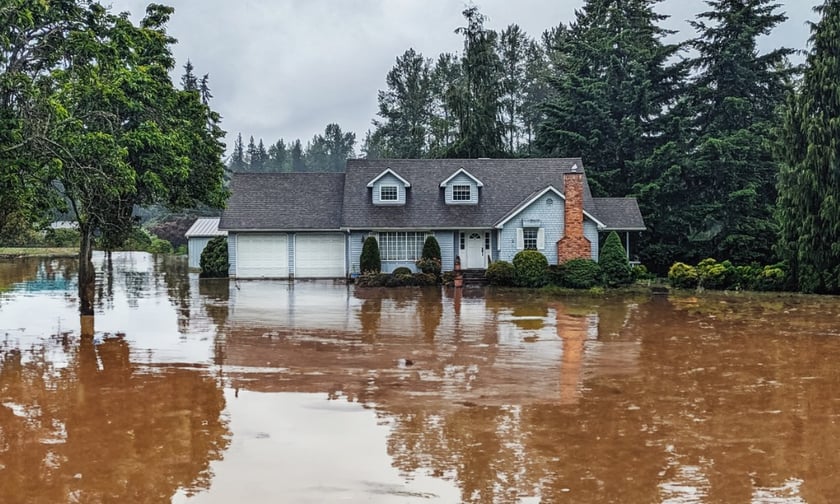

The insurers are encouraging those affected to reach out for assistance, including temporary accommodation and financial help, as the situation unfolds.
Wayne Tippet, executive general manager claims for AMI and State, acknowledged that assessing the damage during such events can be difficult, particularly for customers who have had to evacuate their homes or businesses. However, he urged customers to make contact as soon as they are safe.
“We encourage customers who are safe and out of immediate danger to contact us so we can provide essential support such as emergency temporary accommodation, payment support for customers staying with family or friends, and to lodge any claims,” he said.
AMI and State customers are advised to file claims online for quicker service, though phone support is also available. Meanwhile, NZI customers are asked to contact their brokers for assistance.
With a state of emergency declared in Dunedin and heavy rain warnings issued, the insurers also stressed the importance of monitoring updates from Civil Defence and local weather forecasts to ensure personal safety.
AMI, State, and NZI are offering several key tips that insurance companies and brokers could share with their clients who are dealing with property and vehicle damage caused by flooding:
Customers whose vehicles have been damaged by floodwaters are advised not to attempt driving their cars. Instead, they should contact their insurer to arrange towing and, if covered, request a temporary replacement vehicle.
AMI and State have set up Disaster Claims Hubs online to offer guidance on various issues such as emergency repairs, flood-damaged carpet, and accommodation options.
NZI customers are advised to reach out to their brokers for claims support, and general advice is available through IAG New Zealand’s Disaster Claims Hub.
The insurers are also providing a series of resources to assist with flood recovery, which includes guides on claims processes, handling floodwater, documenting damage, and dealing with specific issues like waterlogged carpet.
As climate-related disasters increase in frequency and severity, the Insurance Council of New Zealand (ICNZ) is calling for stronger government collaboration on climate adaptation.
ICNZ chief executive Kris Faafoi emphasised the need for coordinated efforts between central and local governments, the private sector, and communities to mitigate climate risks.
He responded to the recent Finance and Expenditure Select Committee report, which highlighted the urgency of preparing for climate change.
Faafoi supported the idea of establishing a national framework to manage natural hazard risks, while allowing flexibility for local conditions.
“New Zealanders need certainty about the way natural hazard risks are going to be managed, both now and in the future. We support a framework that would create a consistent approach nationally but allow for local flexibility,” he said.
Amanda Whiting, CEO of IAG New Zealand, echoed ICNZ’s call for stronger political consensus on climate adaptation. She stressed that continued dialogue among political leaders will be critical in creating effective climate policies and ensuring New Zealanders are better protected against future risks.
s
